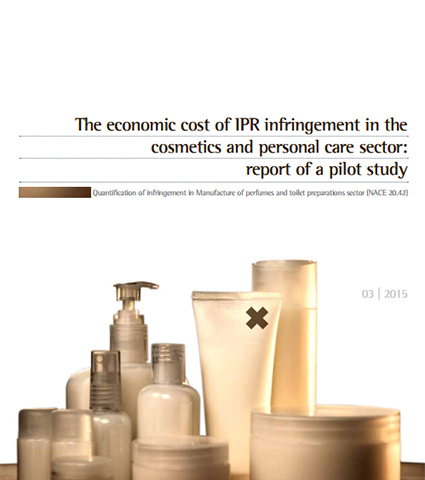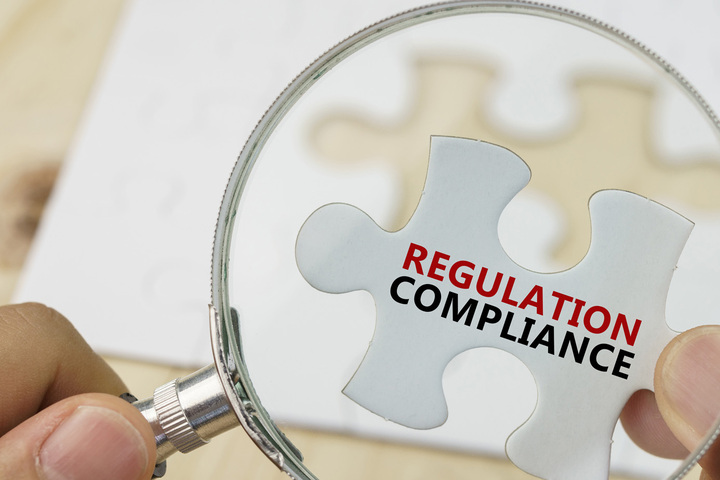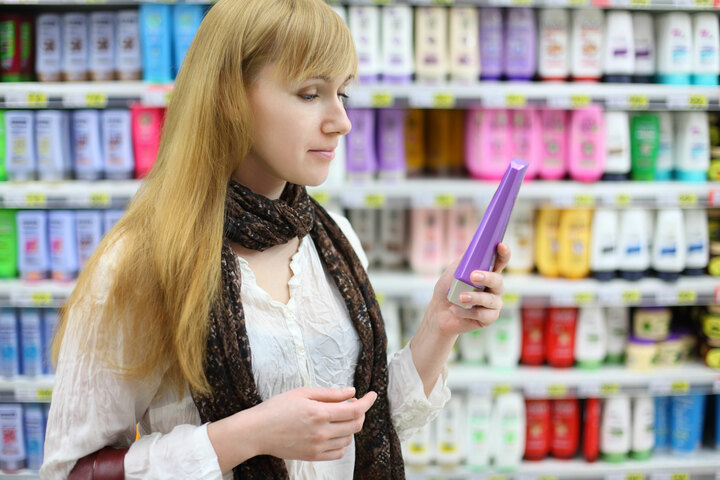Counterfeiting is the deliberate, unauthorised imitation or reproduction of a genuine product for the purpose of obtaining financial gain by misleading consumers into believing they are acquiring the genuine product. It is an Intellectual Property (IP) crime.
Counterfeiting affects a wide range of products, across several sectors, including food, toys and pharmaceuticals as well as cosmetics.
All cosmetic products can be counterfeited, from perfumes and make-up, through to personal care products like toothpastes, soaps and sunscreens. Such illegal products can have a serious impact on the health and safety of the consumer.
Correlation tables is a form of counterfeiting specific to perfumes, in which a perfume bearing a name and often even a number is marketed and sold based on the branded perfume which it supposedly resembles.




